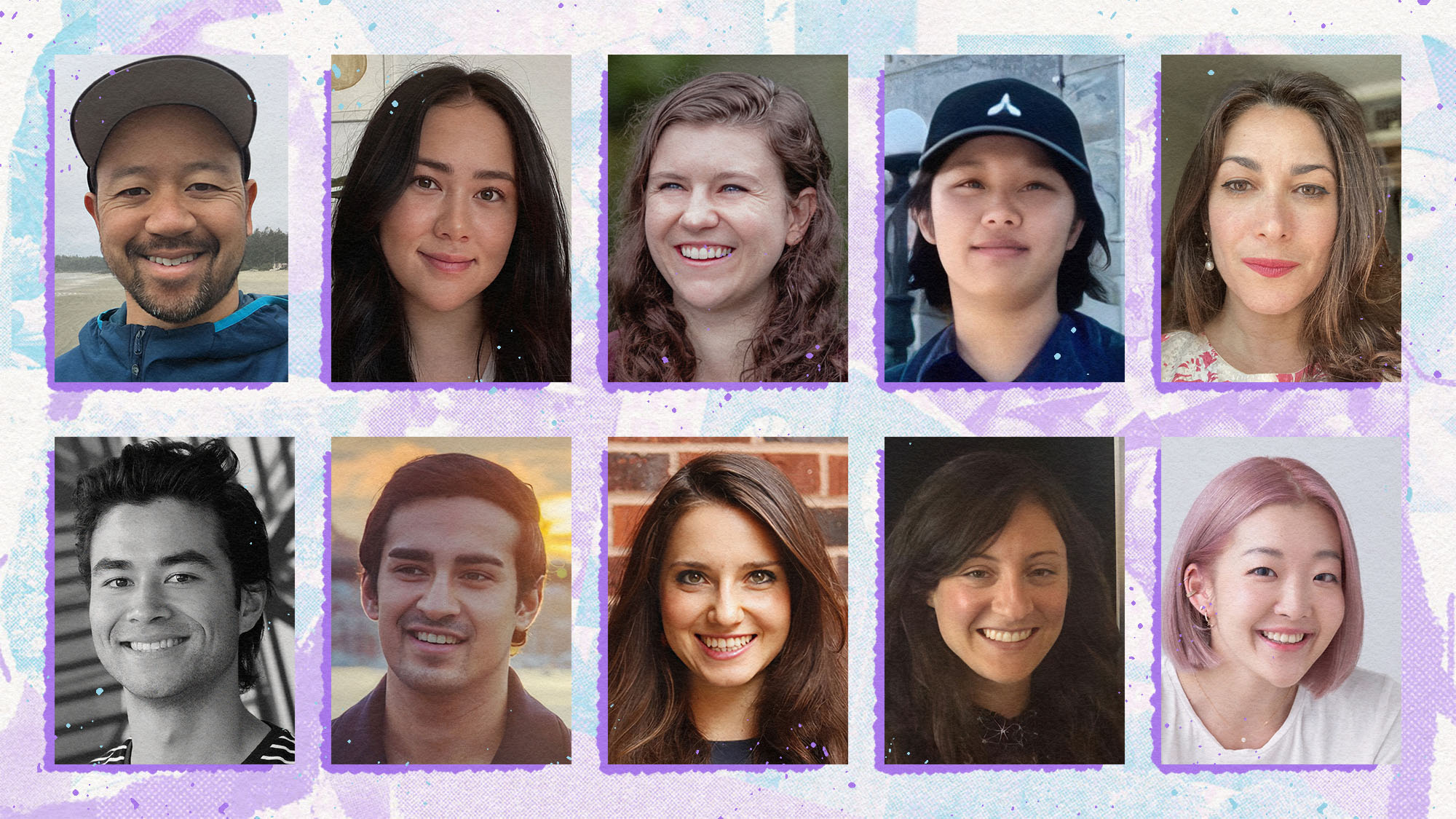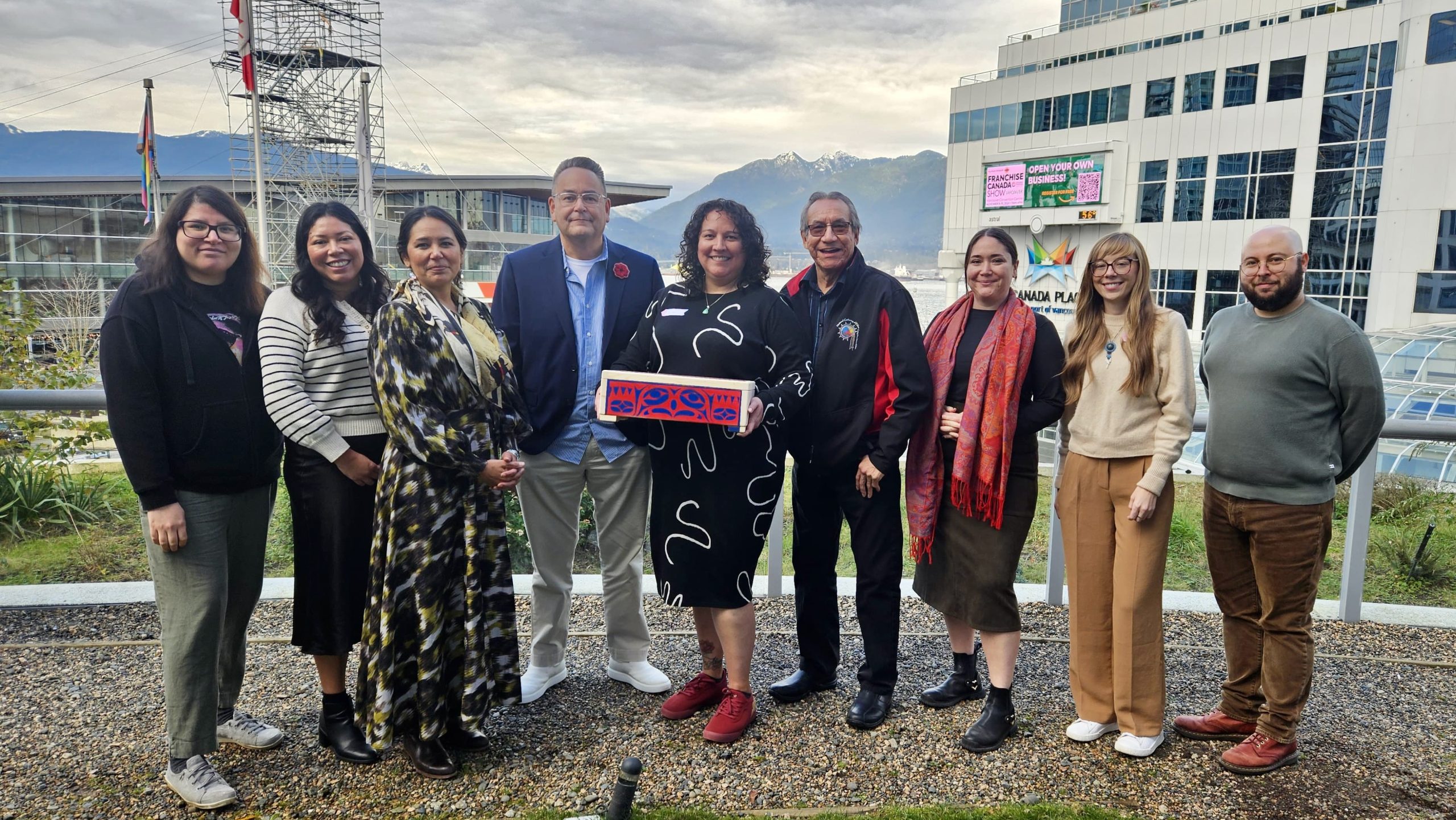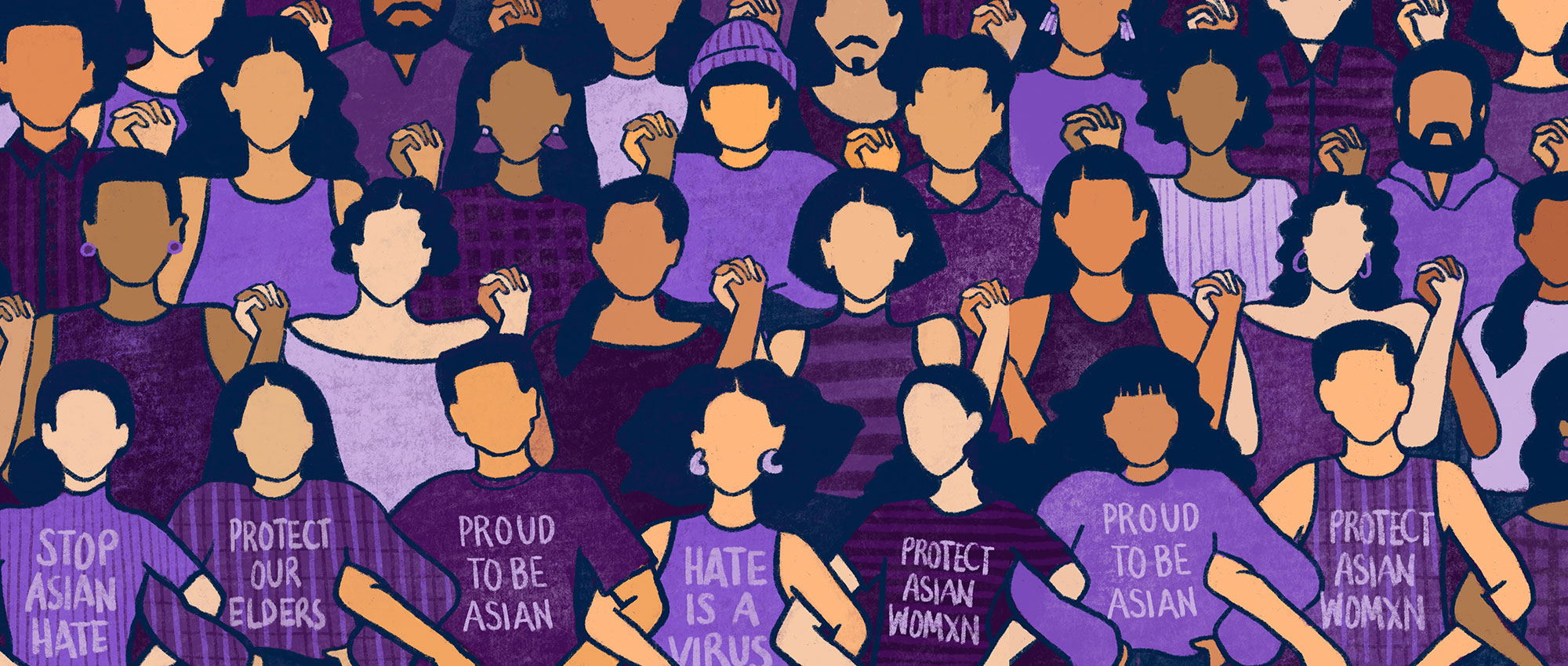

By Aydin Quach (he/him/his), Master of Arts in History. Aydin is of Chinese-Vietnamese heritage.
Throughout my undergraduate degree, my identity has been moulded by the people around me. Language is a constant theme in understanding my identity as well as learning. It was in my Chinese language classes that I truly started to love myself and my culture. Studying the language that is a part of my heritage helped me reflect on the ways that we can all use our voices and language to uplift communities.
This experience was enriched by my classmates and friends who have expanded my frameworks of knowledge and perspectives on the world. They also provide me with comfort and wisdom in times of worry. One point of worry is the recent rise in anti-Asian racism. Make no mistake: anti-Asian racism has existed in Canada for centuries. Recent events have simply burst the bubble that many people lived in. The anger and pain I have heard from my community inspired me to spend time reflecting on my own experiences and listening to others’ stories. Over the past few weeks, I reached out to students and faculty from UBC’s Asian language programs to hear their experiences with racism and discrimination, and ask what they have been doing to heal themselves and their communities during this time.
This is part one in a four-part series, featuring student, faculty, and staff voices from the UBC community.
- How Arts faculty are creating space to heal and be proud of their Asian identities (Part II)
- How Arts Staff are engaging and embodying their Asian identities in the workplace (Part III)
- Making Space for Joy (Part IV)
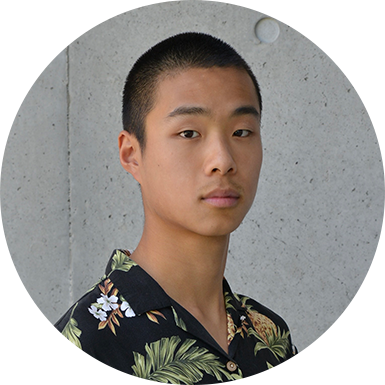

Alger Liang (he/him/his)
Alger is a fifth-year Visual Arts major with a minor in Asian Canadian and Asian Migration Studies in the Chinese Language Program. He is of Chinese heritage.
Have traditional Asian stereotypes affected your own identity?
Growing up, I was always curious why I didn’t see much of myself on screen. When I did see Asians in the media, the roles they played were either stereotypical or small in their impact—studious nerds, unattractive, unathletic, and unpopular. Asians never played main roles or had their authentic stories told (until recently) so I assumed that important space was only meant for white people and white stories. At a young age, I correlated this inequality in media representation with reality—“Asians are not as important on screen, so they’re not as important in real life, either”. In hindsight, I think this realization compelled me to assimilate more into Western society and distance myself from my Chinese identity. I felt embarrassed about being Asian and I thought being less Asian and “more white” would make me feel more valuable and important. Some of the ways I alienated myself from my Chinese identity were by downplaying and insulting my cultural practices, bringing less Asian (and more Western) lunches to school, quitting Chinese language school, and distancing myself from Asian “FOBS” (Asian international students) who spoke poor English. I am so embarrassed reflecting back on what I did, and I don’t speak for everyone, but I think many Asian Canadians can relate to this experience of internalized racism.
“I don’t need to shrink or amplify certain characteristics of myself, simply to distance myself from stereotypes. I just need to be Alger—nothing less, and nothing more. Today I am tremendously proud of my Chinese identity and I am relearning and honouring parts of my culture that I have neglected.”
For me, seeing more authentic Asian representation and Asian stories being told has demystified Asian stereotypes and rendered Asians to be not only more visible, but also more human. These stories encouraged me to see beyond the stereotypes I thought were following me, and regain my cultural pride. It helped me reflect on my own identity and how I interacted with others in society. I learned that I don’t need to shrink or amplify certain characteristics of myself, simply to distance myself from stereotypes. I just need to be Alger—nothing less, and nothing more. Today I am tremendously proud of my Chinese identity and I am relearning and honouring parts of my culture that I have neglected. The Chinese Language Program at UBC is one of the ways I am doing that today.
What is one thing you have done to “nourish” yourself in the past few weeks?
Being in the ACAM program has been nourishing for me. I am tremendously grateful to be part of a community that fosters a safe and inclusive environment where we can all share our personal experiences. I’ve never felt so heard and seen in a pedagogical space. I was able to relate to, share, exchange, and reflect with my classmates, on very specific and poignant experiences of being part of the Asian diaspora. The courses in the ACAM program have helped me frame and put into words experiences that I did not have the verbiage or lexicon to describe and understand for myself. This program blurs academia and lived experience, bridging the gap between theory and reality, text and world. I felt like I was learning more about myself and my own identity than I was doing coursework at a university.
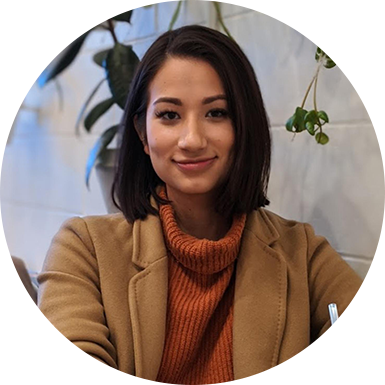

Piper 詠琪 Dickhout (she/her/hers)
Piper is a fourth-year Biology major in the Cantonese Language Program. She is of mixed Chinese heritage.
Have you had specific experiences where you realized you were not being represented or treated equally?
Growing up, I was unaware I was mixed-race until I started school. I grew up in a small, predominantly white, suburban city where, for most of my early education, no other students looked like me. Over the years, I would often get teased for being half-Chinese, told to “go back to where I came from”, and asked the most popular racializing question, “what are you”? This question reminds me that, because of physical appearance, I do not have a distinct racial identity — something I have struggled with throughout my whole life as I have never been entirely “white-passing” or “Asian-passing”. I remember vividly that when I wanted to contribute to a conversation about how my other BIPOC peers felt about being one of the few individuals of colour at our school, a peer explicitly told me that I did not count as a racial minority and dismissed my experience. My often-perceived racial ambiguity left me feeling alienated and confused as to where I belong. These feelings were then exacerbated by North American media where celebrities seldom looked like me or my mom’s side of the family.
“'What are you?'
This question reminds me that, because of physical appearance, I do not have a distinct racial identity — something I have struggled with throughout my whole life as I have never been entirely 'white-passing' or 'Asian-passing.'”
Racial ambiguity has also caused me to struggle with how I am perceived by society. The most challenging aspect of my experience is gauging how much white privilege I have. I would listen to my family’s experiences with racism and feel deeply heartbroken that my community has been continuously discriminated against. Similarly devastating, I would wonder if I would ever be racially targeted like my loved ones or, if because of my white privilege I would be protected from racial violence. I learned to acknowledge the position I hold as someone who has Caucasian heritage and thus inherited white privilege. My physical appearance and the colour of my skin have granted me the safety of being the “less obvious target” and now it is my responsibility to continuously advocate for my community with this privilege. I am so proud to identify as an Asian woman of colour and am forever grateful for my parents who have gone above and beyond to remind me of my wholeness as a person and that I belong in this world.
Have recent events brought about new personal insights regarding racism and inequality that you perhaps have not considered before?
The tragic mass murder that occurred in Atlanta, Georgia emphasized the dehumanization of Asian woman and made me realize that my paranoia surrounding my own safety is, in fact, not paranoia at all. It is the reality Asian women live in. I was enraged when the Cherokee County Sheriff’s spokesperson reduced this abominable hate crime into someone who just “had a bad day”. This myopia that associates hate crimes committed by white individuals with innocence and is supported by law enforcement continues to intensify the racial injustices against the BIPOC community. I am grieving for my community and feel the often unbearable weight of the current situation.
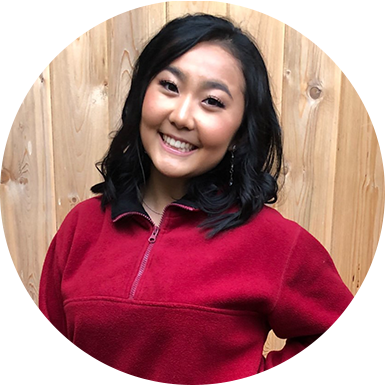

Jasmine 혜란 Lee (she/her/hers)
Jasmine is a first-year Kinesiology student in the Korean Language Program. She is of Korean heritage.
Have you had specific experiences where you realized you were not being represented or treated equally?
Although I, thankfully, have not experienced instances where I was being treated unequally, I often found that people of Asian ethnicity were underrepresented in the sports I played. I was a field hockey player and cheerleader, and both sports had a predominantly Caucasian population. I noticed from a young age that I looked different from the other athletes and I did not have friends who looked similar to me. Through these experiences, I felt isolated from other athletes and did not always feel that I belonged in my sports.
“Thought-provoking conversations with my family about racism helped me gain new perspectives on what I consider to be racist and how I can respond to racist comments.”
What has your experience been talking about topics like anti-racism with your family?
As second or third-generation Koreans living in Canada, our experiences with racism vary for each person. Thought-provoking conversations with my family about racism helped me gain new perspectives on what I consider to be racist and how I can respond to racist comments. I do not always agree with family members when we discuss racism and anti-racism due to our different experiences and perspectives, but I appreciate the way these conversations have broadened my knowledge and understanding regarding these topics.
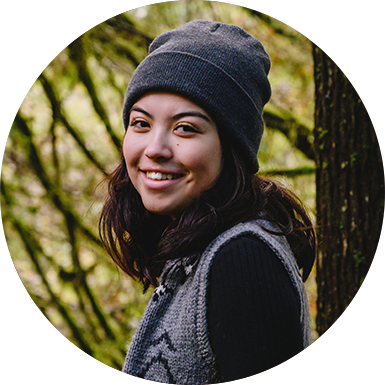

Sae Kowalewski (she/her/hers)
Sae is a first-year Arts student in the Japanese Language Program. She is of mixed Japanese heritage.
Have traditional Asian stereotypes affected your identity?
Even though I am biracial, as an individual who looks Asian, Asian stereotypes have shaped the way I view myself. When I was in high school, Asian people were stereotyped as being very smart and hardworking, and though I see myself as a hardworking student, people often assumed my performance in school was the outcome of my ethnicity and not my work ethic. When I performed better than other kids in my classes, they said it was “just because I was Asian”. When I performed worse than other kids in my classes, they said that I was “too white” and “didn’t have enough Asian in me”. I often felt that I needed to perfect the balancing act of not being “too Asian” and not being “too white.” Being of half-Japanese descent has often fractured my sense of identity, as I don’t feel as if I belong in either racial group. Simply looking Asian has also led me to feel like I need to try and embody certain stereotypes as they are the expectations of society.
“One of the biggest things we need to be doing moving forward is learn to be brave and call out our friends and families if they display behaviours that are harmful to any marginalized group.”
How would you like the UBC community to better support the Asian community?
I would love to see UBC hold events (when it is safe to do so) that celebrate the diversity within the Asian community, as many people don’t really pay attention to all the different ethnicities and groups that make up the community. I would also love to see members of the UBC community take action to educate themselves about Asian cultures, read books by Asian authors, and listen to Asian voices.
One of the biggest things we need to be doing moving forward is learn to be brave and call out our friends and families if they display behaviours that are harmful to any marginalized group. These behaviours are often masked as jokes or teasing, but when those around us begin to understand the small ways in which they negatively impact marginalized people, we can begin to learn and grow into a more safe and inclusive community!
During this time of reflection, we should also be looking outwards to others with knowledge for guidance. UBC Asian Studies has compiled a working list of Anti-Racism Resources that can help you become informed on how to be an ally and how to implement anti-racism practices into your personal and professional lives.
It is my hope that through the stories you read today, you have gained new insight into experiences felt by students, what anti-Asian racism can look like, as well as how you can add to the conversation.
Read part II featuring faculty voices.
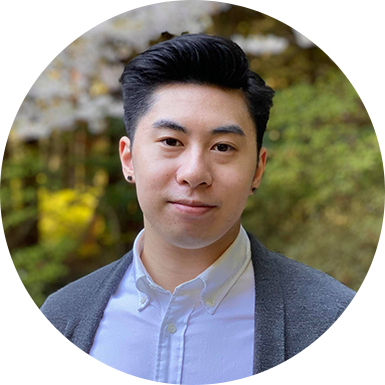

Aydin Quach (he/him/his) holds a Masters of Arts in History, specializing in Gender, Sexuality, and Cultural History. He is of Chinese-Vietnamese heritage. His research centres around gender performativity, masculinity, sex work, and nationalism in Southeast Asia.
A special thank you to the UBC Asian Studies Department—specifically to the Cantonese, Korean, Japanese, Punjabi, Hindi-Urdu, and Chinese Language Programs for their enthusiastic support.
